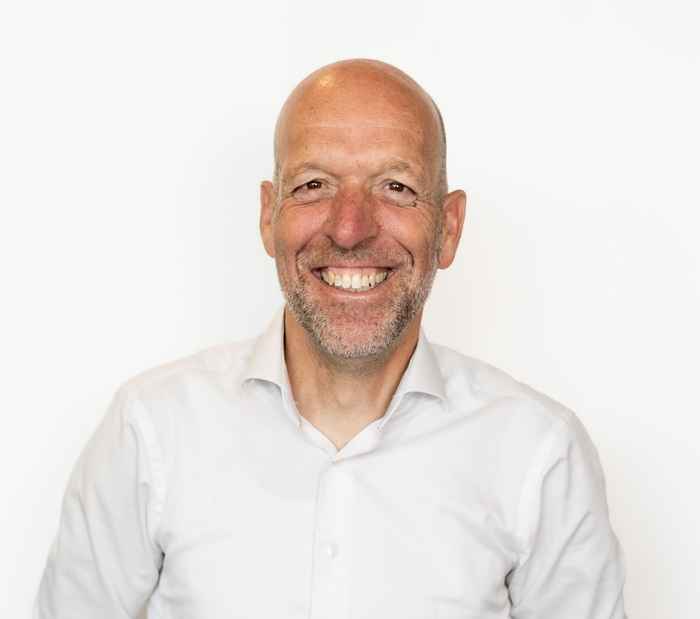Henk van der Kolk appointed professor by special appointment of Electoral Politics
24 September 2024

Van der Kolk will focus on the technical aspects of electoral systems, including proposals for regionalisation and personalisation as regards election outcomes. The aim of his research is to better understand how changes in electoral systems can lead to different dynamics in political representation. 'The latest coalition agreement states that the electoral system should be more regionally tuned, so that voters in Groningen, for example, feel that their voice on gas extraction is heard. Does a vote become more personal if you force political parties to come up with regional candidate lists? Academic research shows that such assumptions about electoral systems are not always correct.'
Underexposed local politics
In addition, the chair will devote attention to local politics, which Van der Kolk says is often underexposed. Local politics is of great importance for the functioning of democracy, because many national political issues, such as, for example, the Distribution Act (Spreidingswet), have their impact locally. At the UvA, Van der Kolk wants to investigate the dynamics between national and local politics and understand how local representatives and voters play a role in this. In doing so, he attaches great importance to cooperation. 'Universities derive their strength not from people coming up with brilliant things at home behind their computers, but by being present and engaging with colleagues and students.'